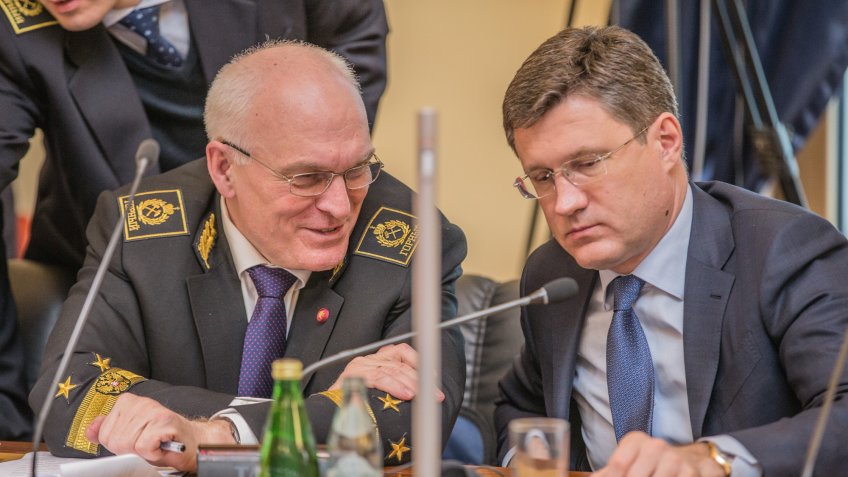
Russian Prime Minister Mikhail Mishustin signed an order to create an interdepartmental working group for the development of hydrogen energy. Deputy Prime Minister Alexander Novak will head it.
Rector of St. Petersburg Mining University Vladimir Litvinenko was appointed as the scientific advisor. He is known as the author of a number of articles on the subject. His position is distinguished by a cautious approach to the revolutionary implementation of hydrogen projects due to the current lack of reliable technologies for storing and transporting nature’s lightest element. The extremely active gas makes metal structures more fragile and gradually destroys them.
For example, in the scientific article Barriers to the Implementation of Hydrogen Initiatives in the Context of Sustainable Development of Global Energy, a group of scientists led by Vladimir Litvinenko cites a number of arguments, convincing of the need for an extremely balanced approach to this endeavour. In particular, they recall the too high cost of producing H2, both from methane and electrolysis.
Alexander Novak believes that transport, power generation, and facilities can become promising areas of growth:
“Today consumption in these sectors is only 10 thousand tons. In this market, Russia can provide a competitive cost of hydrogen from natural gas, as well as through the electrolysis of water on the basis of nuclear power plants. We set ourselves the goal of creating export-oriented production. In hydrogen we can quite easily occupy a niche of about 20% in the world markets - this is the level we occupy in the gas and oil trade.
St. Petersburg Mining University has long conducted scientific experiments on the use of hydrogen in the energy industry. For example, the Center of Competencies in Engineering and Technology for Arctic Field Development (CC Arctic) is engaged in research on “turquoise” hydrogen produced from methane pyrolysis, issues of transport infrastructure, and the safety of this fuel. For example, Mikhail Dvoinikov notes that “the most promising channel of hydrogen transportation for Russia is the Northern Sea Route.”
At the same time, the main leitmotif of Vladimir Litvinenko’s speeches to the Russian and Western audiences is that this way in no way cancels the need to develop the hydrocarbon energy sector. The transition to new types of energy must be evolutionary.
“We cannot consider hydrogen as an unambiguous vector of development and rush too much for the sake of ensuring the energy transition at any cost. For our cooperation to be successful, we, first of all, need a balanced and clear policy that will take into account all aspects of the partnership in the fuel and energy sector, and not its specific elements. This is the only way to ensure that our energy systems remain stable in the future," says Vladimir Litvinenko.
